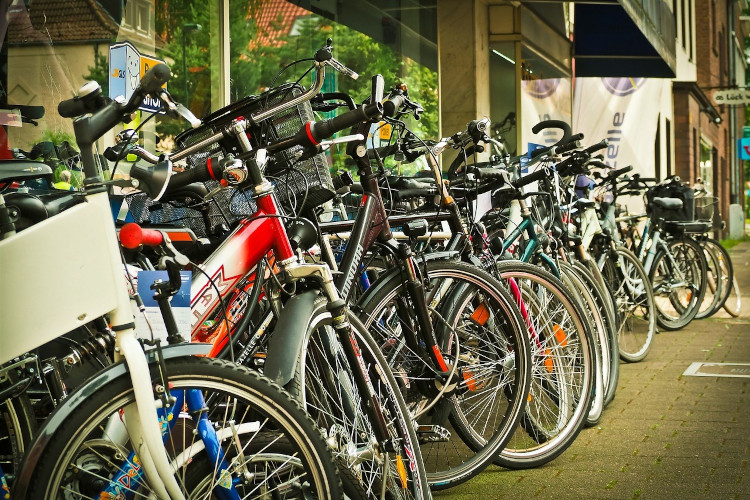Independent shops better than big retailers at surviving COVID in the UK
Posted on in Business News , Cycles News
Small shops have been more "agile" at fighting COVID sale slumps than chain stores, according to a new report.

While independent firms suffered a net decline of 1,833 shops in the first half of 2020, chain stores lost a staggering 6,001 units following the first UK lockdown. Overall shop vacancies increased at the fastest rate since records began in 2013, reaching 13%, according to research by the Local Data Company (LDA).
But the closure trend has seen independent businesses more resilient than larger retailers. Independent shops lost 0.54% of occupied units compared with the 2.77% lost by chains.
Government support initiatives such as furlough, business rate relief and suspension of tenant evictions helped independents weather the pandemic storm. They were also faster to adapt than chain operators, quickly switching to takeaway food and drink services and online selling.
By comparison many high street chains such as Victoria's Secrets, Cath Kidston, Debenhams and Harvey’s furniture have collapsed into administration this year with the closure of thousands of stores.
LDA surveyed every high street, retail park and shopping centre for the report, including more than 400,000 independent stores, between January and August 2020.
Their data reveals some 20,019 closures of independent shops and 18,186 openings compared with 11,120 chain-store closures and just 5,119 openings. The UK has seen a net decrease of 7,834 shops with the largest proportion amongst chain retailers.
Independent service retail was the only sector to experience net growth with a slight 0.1% increase compared to a 1.9% decrease in service units run by large retailers.
Lucy Stainton, head of LDC retail and strategic partnerships said: "The independent market has seemingly fared better as these businesses have been able to be more agile, bringing in new products lines and offering food deliveries; have a smaller cost base to cover during periods of little or no trade and have been able to take advantage of government support schemes."


